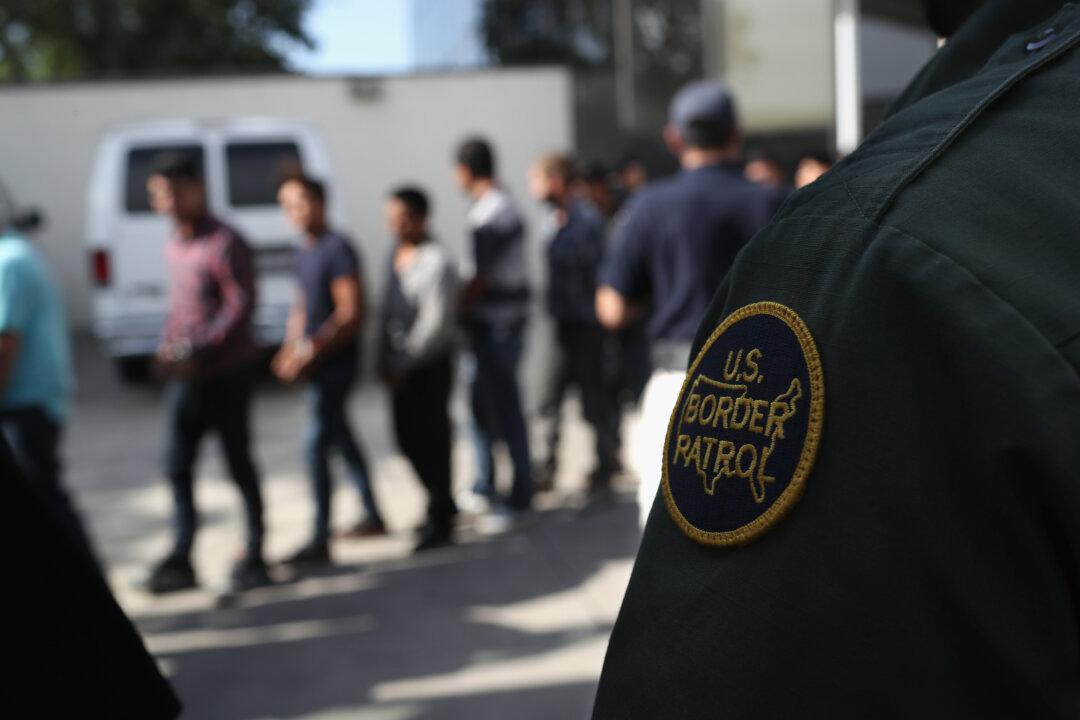The Justice Department (DOJ) announced on Friday that it is finalizing a rule to collect DNA samples from illegal immigrants who are in federal custody.
The DOJ issued a final rule that would authorize the Department of Homeland Security (DHS) to collect DNA samples from immigrants who enter the country illegally and are being detained in federal custody. The rule will allow the department to comply fully with a 2005 law, the DNA Fingerprint Act. The Act requires a federal agency to “collect DNA samples from individuals who are arrested, facing charges, or convicted or from non-United States persons who are detained under the authority of the United States.”




